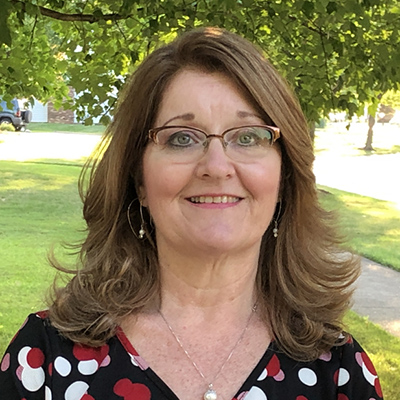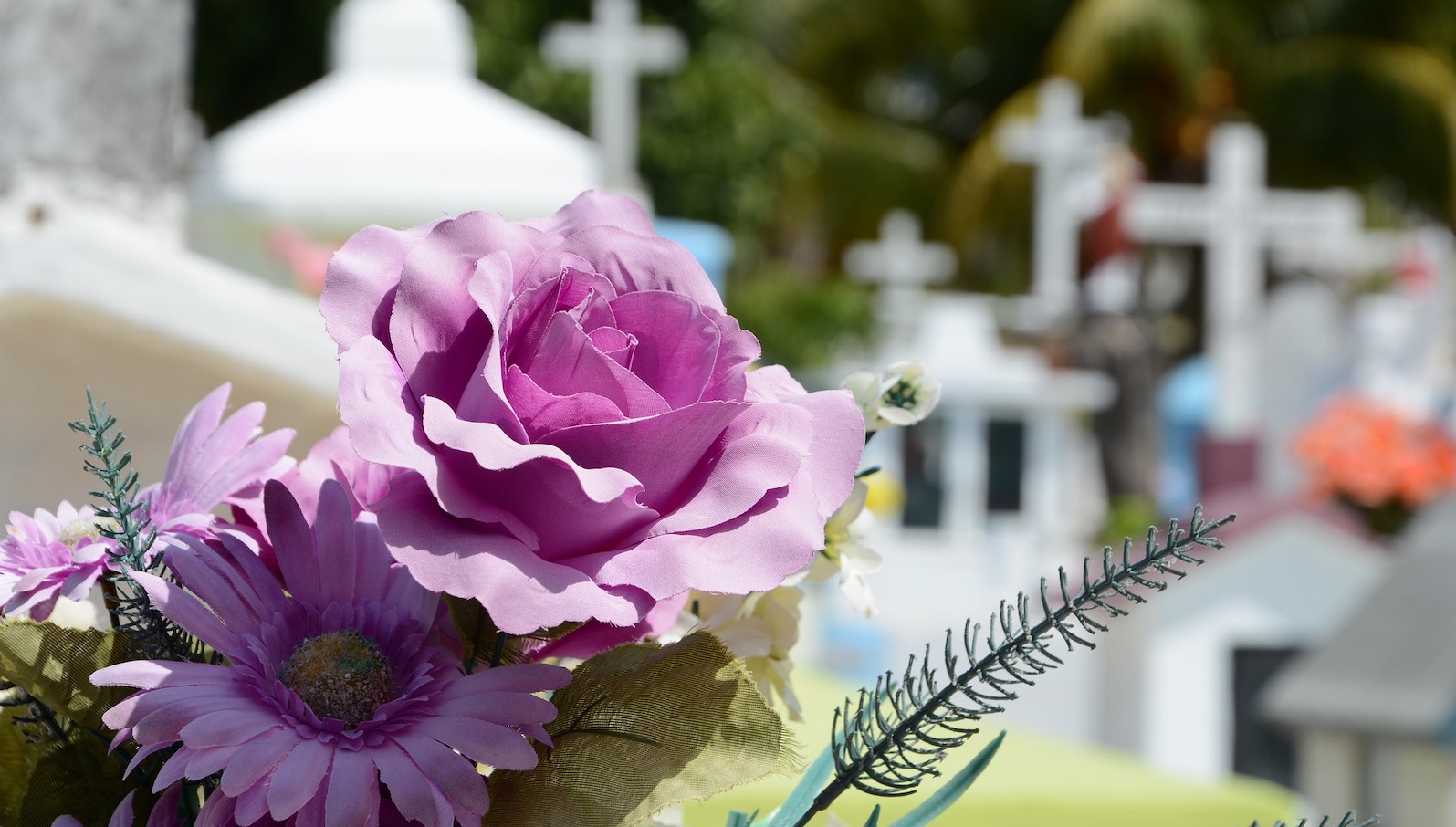
Funeral home prices: Here’s what you should know, and why federal rules are expected to change soon
The FTC says its research shows that more than 60% of funeral homes have little or no pricing information on their websites.

There aren’t many times when it’s more difficult to comparison price shop than when you’re planning an unexpected funeral. Current federal rules, which have not been updated since the mid-1980s, require funeral homes to provide pricing in person, but not online. The Federal Trade Commission (FTC) last week said its research shows that more than 60% of funeral homes have little or no pricing information on their websites. That’s why the FTC is considering updating its rules to require the same disclosures online that are required in person.
At an open FTC hearing last week, many in the funeral home industry said people don’t decide on a funeral home just based on price. While this may be true for many families, it’s still better for consumers if funeral homes offer prices for various services online just like they do on a General Price List if you ask in person.
The FTC is expected to strengthen its funeral home pricing disclosure rules in the near future. The Funeral Rule requires funeral homes to give consumers itemized pricing and prohibits funeral homes from misrepresenting laws or burial requirements. Those include:
- Charging for embalming without permission;
- Requiring a casket to be purchased for cremation; and
- Requiring consumers to pay for specific goods or services before getting other goods or services.
With this topic in the news, it’s a good time to consider tips to help you make the best decisions when a loved one has died.
- Know your rights: The current rule requires six prices/disclosures:
1. The basic services fee;
2. casket price list;
3. embalming;
4. alternative containers for direct cremation;
5. the outer burial container price list;and
6. the consumer’s right to select only the goods and services you want, without being required to pay for other goods and services you don’t want. - Know the costs: Funerals generally cost between $7,000 and $10,000, including embalming, the viewing, the casket, the service and burial. Funerals with cremation typically cost $6,000 to $7,000. These expenses do not include a cemetery plot.
- If you’re going to a funeral home to make arrangements, take a trusted friend or someone else not as close to the deceased person to help you make decisions with a clearer mind, ask questions and take notes.
- Ask for what you’re entitled to. The Funeral Rule requires that anyone can ask for and obtain, in person, anywhere (for example, at a hospital as well as a funeral home), a copy of the funeral home’s General Price List.
- Just because funeral homes don’t currently have to give you prices over the phone or by email or online, it doesn’t mean you shouldn’t ask. If a funeral home refuses and only wants to deal with you in person, perhaps you should cross that funeral home off your list, according to checkbook.org.
- Many General Price Lists are complicated and not easy to understand. You should also request a written, itemized estimate for arrangements you’re considering.
- As difficult as it is, strongly consider reading about what’s involved with a funeral and shopping around a bit before you actually need to plan arrangements hastily, or before your loved ones need to face that task.
- Ask for help. Some nonprofit funeral consumer organizations offer consumer education and resources to help you sort through your rights and options. The Funeral Consumers Alliance is the national umbrella group. Its website is funerals.org. You can find a local alliance at funerals.org/local-fca/
- Know ways to reduce costs. If finances are an issue, it may be helpful to know that embalming, which can cost up to $1,000, isn’t required if you’re planning a service within one day. You also don’t have to buy a casket from your funeral home. The casket can cost $1,000 to $5,000. The markup can be as much as five times the wholesale price. Or you don’t have to use a casket all; you can choose a less expensive type of container.
- Understand you can pre-plan services without pre-paying. A risk of a pre-paid plan: If the funeral home goes out of business or embezzles your money, you could face additional, unnecessary stress. Here’s more on pre-payment from Funeral Consumers Allance. https://funerals.org/?consumers=should-you-prepay-for-your-funeral
- Research ways to help pay for funeral expenses:
Employers and retirement plans sometimes offer resources.
Honorably discharged veterans and their spouses may be eligible for burial in a national cemetery – there are 155 in 42 states.
The Social Security Administration offers a small death benefit of $255 to a surviving spouse or dependent child.
Other help could come from unions, fraternal organizations and clubs.
Topics
Authors
Teresa Murray
Consumer Watchdog, U.S. PIRG Education Fund
Teresa directs the Consumer Watchdog office, which looks out for consumers’ health, safety and financial security. Previously, she worked as a journalist covering consumer issues and personal finance for two decades for Ohio’s largest daily newspaper. She received dozens of state and national journalism awards, including Best Columnist in Ohio, a National Headliner Award for coverage of the 2008-09 financial crisis, and a journalism public service award for exposing improper billing practices by Verizon that affected 15 million customers nationwide. Teresa and her husband live in Greater Cleveland and have two sons. She enjoys biking, house projects and music, and serves on her church missions team and stewardship board.
Ed Mierzwinski
Senior Director, Federal Consumer Program, U.S. PIRG Education Fund
Ed oversees U.S. PIRG’s federal consumer program, helping to lead national efforts to improve consumer credit reporting laws, identity theft protections, product safety regulations and more. Ed is co-founder and continuing leader of the coalition, Americans For Financial Reform, which fought for the Dodd-Frank Wall Street Reform and Consumer Protection Act of 2010, including as its centerpiece the Consumer Financial Protection Bureau. He was awarded the Consumer Federation of America's Esther Peterson Consumer Service Award in 2006, Privacy International's Brandeis Award in 2003, and numerous annual "Top Lobbyist" awards from The Hill and other outlets. Ed lives in Virginia, and on weekends he enjoys biking with friends on the many local bicycle trails.
Find Out More

Apple AirPods are designed to die: Here’s what you should know

New report reveals widespread presence of plastic chemicals in our food

Consumers call on Meta to protect kids’ safety in Quest virtual reality


